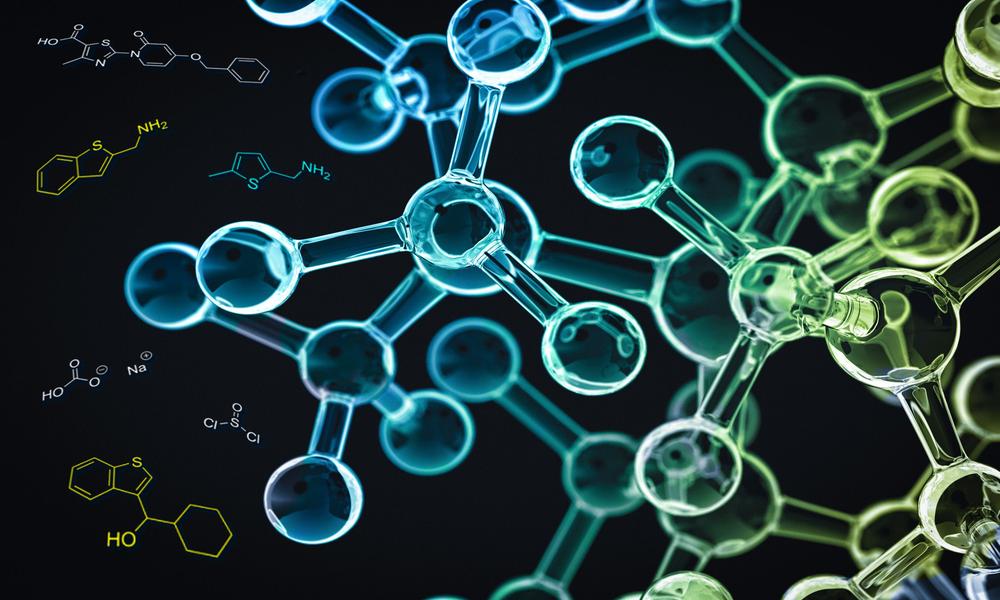BMK Glycidate is a term that has garnered considerable attention, especially within the realms of law enforcement and regulatory agencies. The regulatory status of BMK glycidate synthesis, exploring its legal implications, uses, and the challenges associated with its control.
BMK Glycidate, scientifically known as Benzyl Methyl Ketone Glycidate, is a synthetic chemical compound commonly used in the production of various pharmaceuticals, especially amphetamines and other stimulants. Due to its role in the illicit manufacturing of controlled substances, LSD-25 synthesis has come under scrutiny from regulatory authorities worldwide.
Legal Classification
Controlled Substance
BMK Glycidate is classified as a controlled substance in many countries due to its association with the illegal production of drugs like MDMA and methamphetamine. In the United States, for instance, it falls under the category of List I Chemicals, tightly regulated by the Drug Enforcement Administration (DEA).
Precursor Chemical
In addition to being a controlled substance itself, BMK Glycidate is also considered a precursor chemical. Precursor chemicals are substances that can be used in the illegal production of controlled substances. As a result, the sale and distribution of BMK Glycidate are strictly regulated to prevent its misuse.
Regulatory Measures
International Controls
On an international level, BMK Glycidate is subject to controls and regulations established by organizations like the United Nations Office on Drugs and Crime (UNODC). These measures are aimed at limiting its availability for illicit purposes and preventing its diversion into the illegal drug trade.
Domestic Regulations
Within individual countries, specific laws and regulations govern the production, distribution, and possession of BMK Glycidate. These regulations vary from one jurisdiction to another, but they generally focus on monitoring and controlling the supply chain to prevent its misuse.
Challenges in Regulation
Evolving Formulations
One of the major challenges in regulating BMK Glycidate is its ever-evolving chemical formulations. Illicit manufacturers constantly adapt their methods to circumvent existing regulations, making it difficult for authorities to keep up.
Global Supply Chain
The global nature of the chemical industry makes it challenging to track the movement of BMK Glycidate across borders. Illicit suppliers often exploit these complexities to distribute the substance clandestinely.
Conclusion
The regulatory status of BMK Glycidate is a complex issue shaped by international and domestic laws aimed at curbing its misuse in the illegal drug trade. As authorities continue to grapple with evolving formulations and global supply chains, staying vigilant in monitoring and regulating BMK Glycidate remains a crucial aspect of combating the illicit drug market.

